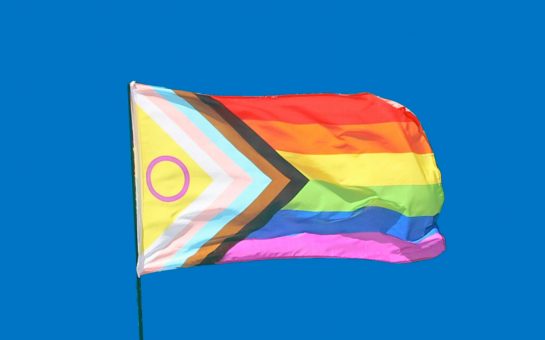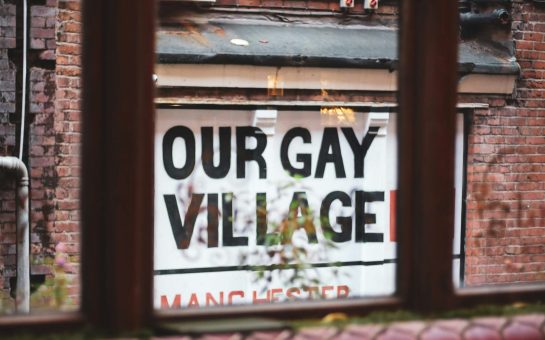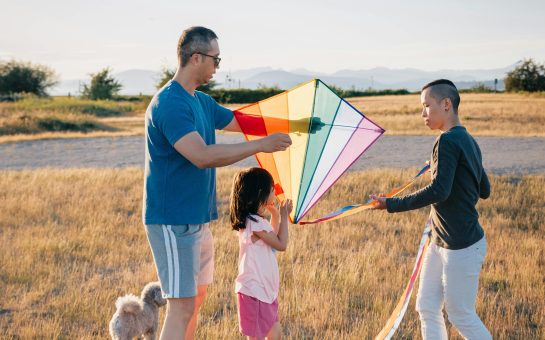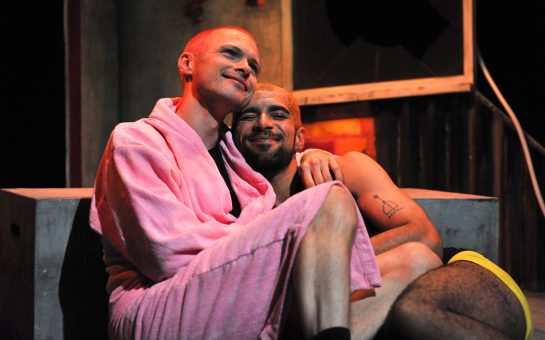Predjudice, stigma and the threat of violence against homosexuals has led to inaccurate figures on the sexual makeup of the UK, according to a North West LGBT boss.
A week ago specialist LGBT agency Out Now called for the withdrawal of ‘misleading’ data published by the Office of National Statistics on the prevalence of homosexuality and bisexuality in the UK.
The data was said to be inaccurate after claiming 1.5% of adults in the UK identified themselves as gay, lesbian or bisexual.
Strategic director of LGBT Youth North West Amelia Lee said: “If you have a 19-year-old, living with their parents, who is an out and out gay person or bisexual person to their friends they are not going to put their sexuality down because they might get chucked out or beaten up or anything.”
Amelia believes online surveys are the way to go but thinks people should not get obsessed with percentages as they change over time.
“It’s much better to recognise a lot of people have potential to be in a same sex relationship at some point in their life and if we started to consider that more than the numbers it would be a lot easier for people who are exclusively lesbian or gay,” she added.
Amelia also thinks a key part to solving the problem in society is for heterosexuals to be more open about the matter.
She said: “I think it’s about everybody, particularly heterosexuals, to start talking about stuff more and being more open and using words like lesbian, gay, bisexual and transgender with children and not putting gender pressure on children.”
“A lot of what we call homophobia is sexism, don’t expect boys and girls to dress or behave in a certain way and be open to them dressing and behaving however they feel comfortable.”
The policy & research manager of Manchester’s Lesbian and Gay Foundation , Heather Williams also recognises that there is a long way to go before those who are lesbian, gay or bisexual can feel safe enough to be open about their sexuality but urges them to keep on fighting.
“Without LGB people standing up, being counted and stating their requirements, and being provided with the opportunity to do so, service providers from the public, private and third sector will be unable to respond to the needs of their LGB communities,” she said.
Image courtesy of Lynn Friedman, with thanks
For more on this story and many others, follow Mancunian Matters on Twitter and Facebook.



